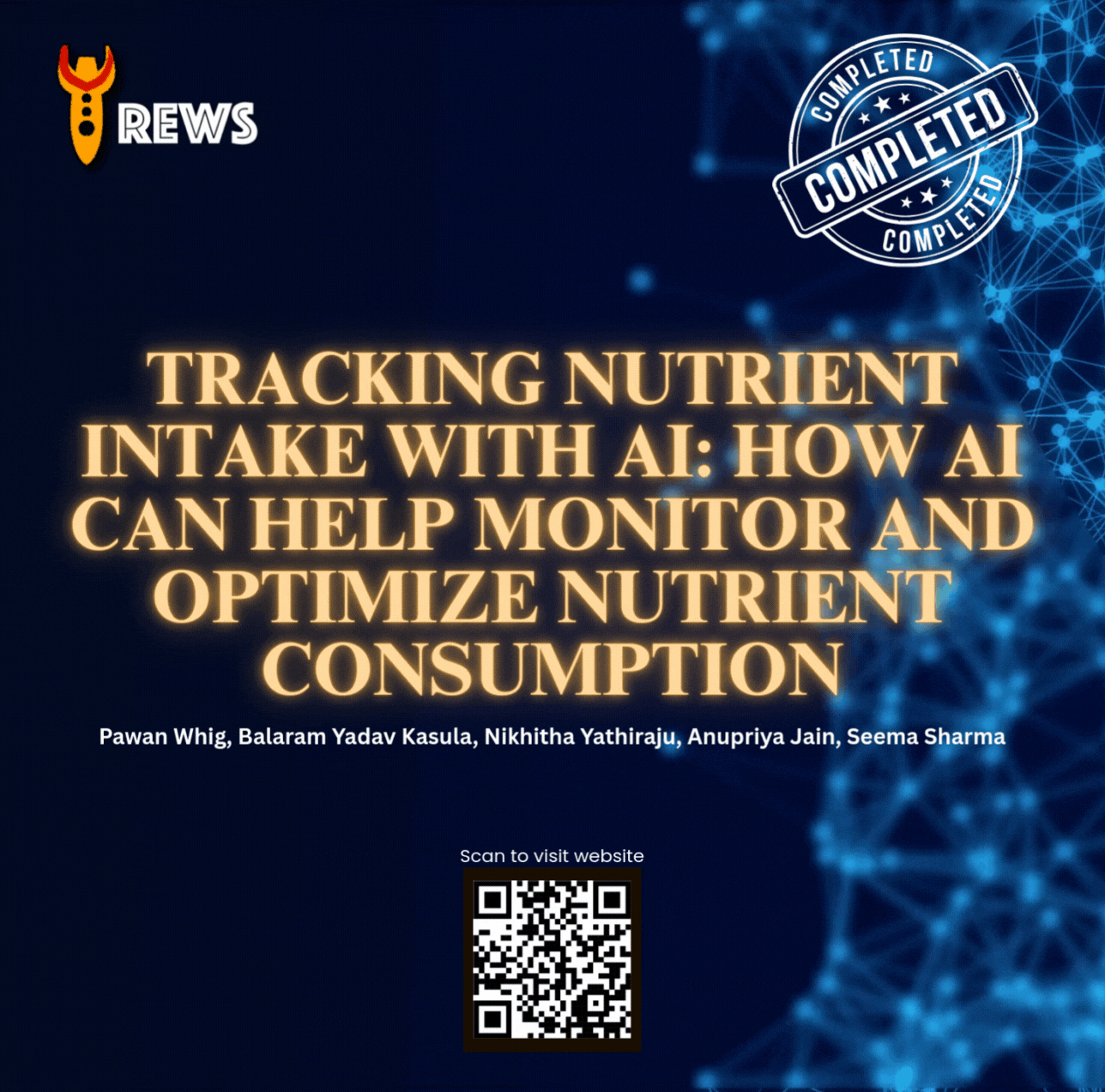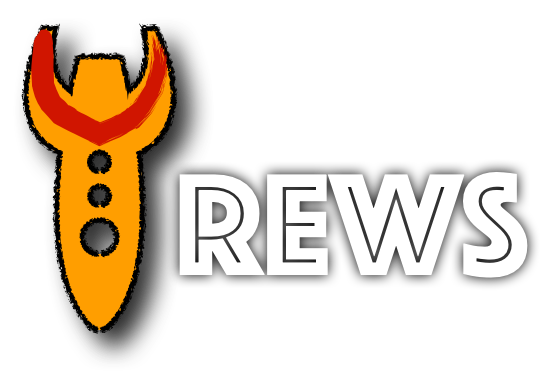Revolutionizing Nutrient Monitoring with AI
The integration of Artificial Intelligence (AI) into nutrition and dietary tracking is transforming how individuals monitor, analyze, and enhance their eating habits. AI-driven solutions offer personalized insights that optimize nutrient intake, addressing health challenges and dietary deficiencies more effectively than traditional methods.
Challenges in Conventional Nutrient Monitoring
Traditional nutrient tracking methods often struggle with:
-
Manual food logging, which is time-consuming and prone to errors.
-
Lack of real-time feedback, limiting proactive dietary adjustments.
-
Generic dietary recommendations, failing to consider individual preferences and health conditions.

AI-Powered Solutions for Nutritional Analysis
1. Machine Learning for Dietary Pattern Analysis
-
AI can process vast amounts of dietary data to identify eating trends.
-
Predictive analytics helps detect potential nutrient deficiencies early.
-
Machine learning models can recommend personalized meal plans tailored to health goals.
2. Smart Applications and AI-Driven Devices
-
Mobile apps equipped with AI scan food items and analyze their nutritional value.
-
Smart kitchen appliances integrate AI to suggest healthier recipes and portion sizes.
-
Wearable devices track real-time nutrient intake, offering instant feedback.
3. Personalized Nutrition Recommendations
-
AI customizes meal plans based on health conditions (e.g., diabetes, heart health).
-
Adaptive diet suggestions evolve as user habits and preferences change.
-
Automated grocery list generation aligns with nutritional goals.
Ethical Considerations and Challenges in AI-Driven Nutrition Monitoring
While AI offers immense potential in dietary optimization, challenges include:
-
Data privacy concerns—ensuring secure handling of sensitive health information.
-
Algorithm biases—minimizing inaccuracies in AI-driven dietary advice.
-
Interdisciplinary collaboration—uniting healthcare, AI, and nutrition experts for effective implementation.
With AI-powered nutrient monitoring, individuals gain access to real-time, personalized dietary guidance, leading to improved health outcomes. As AI continues to evolve, its role in nutrition science will further refine how we understand, track, and optimize food consumption, ultimately promoting healthier lifestyles.
Authors:
Pawan Whig, Balaram Yadav Kasula, Nikhitha Yathiraju, Anupriya Jain, Seema Sharma
For more details, visit: ResearchGate Link

